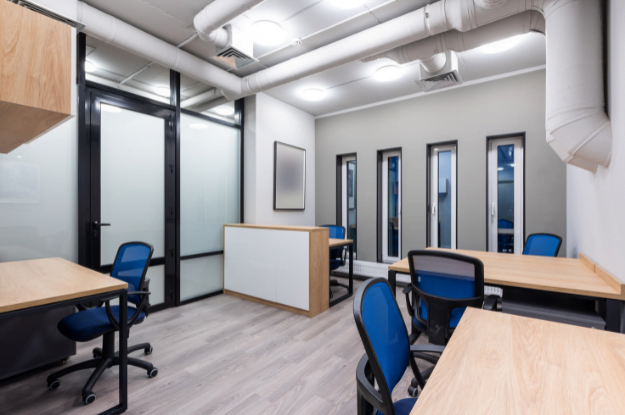Having the right equipment for your business is essential to staying competitive and running efficiently. The good news is there are several ways of acquiring equipment. You could purchase each item outright or opt for another financial method: leasing. This article will explain the benefits of leasing the latest models of business office equipment compared to buying them outright so you can decide which strategy will best meet the needs of your business.
Before delving into the pros and cons of leasing compared to buying business office equipment, it’s important to understand the basic differences between the two approaches.
Leasing Equipment
Leasing an item essentially means renting it for an agreed-upon period. You pay a monthly fee to the company that owns the equipment. Thus allowing you to use it during the lease term. At the end of the lease you must return the equipment to the leasing company.
Buying Equipment
Purchasing an item outright means buying it for a one-time payment. You’ll own the equipment and can use it without additional payments to the seller.
Given the differences between these two financing methods, let’s explore each in more detail.
Leasing Equipment
Leasing is a popular choice for businesses to acquire equipment without making a large up-front investment. Findings from a U.S. Equipment Finance Market Study show that in 2016, the proportion of businesses leasing equipment reached 39%, which is higher than 17% in 2012.
That said, let’s look at some of the specific advantages that leasing offers.
Preserve Working Capital
Leasing reduces the capital needed to purchase equipment, allowing business owners to preserve their cash. This is particularly beneficial for businesses in industry that change rapidly and require frequent technological updates.
Tax Benefits
Leasing may also offer tax savings since payments are considered operational expenses and can be deducted from taxable income. However, checking with your accountant or tax advisor is important to understand the available tax benefits.
Flexibility
Leasing will allow you to upgrade equipment more easily, since you can upgrade to a new model without worrying about disposing of the current one. Alternatively, you can buy out a lease agreement and keep the equipment if you decide it’s a good fit.
No Maintenance Costs
Leasing companies are responsible for servicing and maintaining leased equipment, ensuring that it operates smoothly throughout the duration of the agreement. So businesses don’t need to worry about the cost of repairs and can focus on their core business.

Disadvantages Of Leasing Equipment
Having discussed the advantages of leasing equipment, there are a few disadvantages to consider. Let’s look at them:
High costs
Leasing equipment can be expensive, depending on the terms of the agreement. Many leasing companies charge high interest rates, which can add up over the life of the lease.
Lack of ownership
Leasing doesn’t give you the same rights of ownership that buying the equipment outright does. You won’t be able to resell it at a future date, nor will you be able to use it as collateral to secure a loan.
The obligation to pay for the entire lease term
Leasing agreements are binding, and you must pay the full amount for the entire lease term, even if you no longer need or want the equipment. Some leases may offer early termination options but may come with stiff penalties.
Buying Equipment
Having discussed the pros and cons of leasing, let’s now explore buying equipment.
Advantages of Buying Equipment
Ownership
The main advantage to buying equipment is that you own it outright. As the legal owner, you can resell it later, especially for equipment with a long useful life. You can also use it as collateral to secure a loan or line of credit.
Cost savings
Buying equipment outright may be less expensive in the long run than leasing, depending on the equipment and financing options.
Possibility of depreciation deduction
Businesses may take advantage of tax deductions by deducting the equipment’s depreciation from their taxable income. However, not all equipment qualifies for this deduction, so it’s important to check with your accountant or tax advisor. To learn about how to make your condo fit for a Work-From-Home Lifestyle, click here
Disadvantages of Buying Equipment
Upfront costs
Buying equipment can be expensive, and businesses need to have enough capital to make the purchase. For some businesses, this may require taking out a loan. Thus leaving the business with fewer resources to invest in other areas of their operations.
Maintenance costs
The business will also incur maintenance and repair costs, which can add up over time. These costs can be significant for complex or technical equipment and could cut into the company’s bottom line.
Leasing and buying equipment both have their advantages and disadvantages. Ultimately, the decision should be based on your business needs and long-term financial goals. Consider factors such as upfront costs, taxes, maintenance costs, and flexibility when making your decision. Be sure to also work with an accountant or tax advisor to ensure that you understand all available options and choose the best option for you business.


